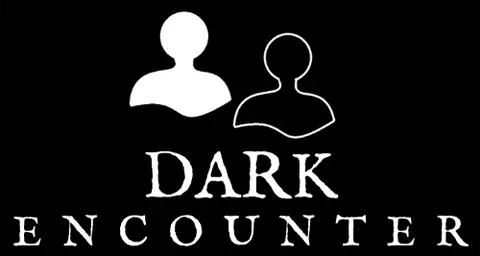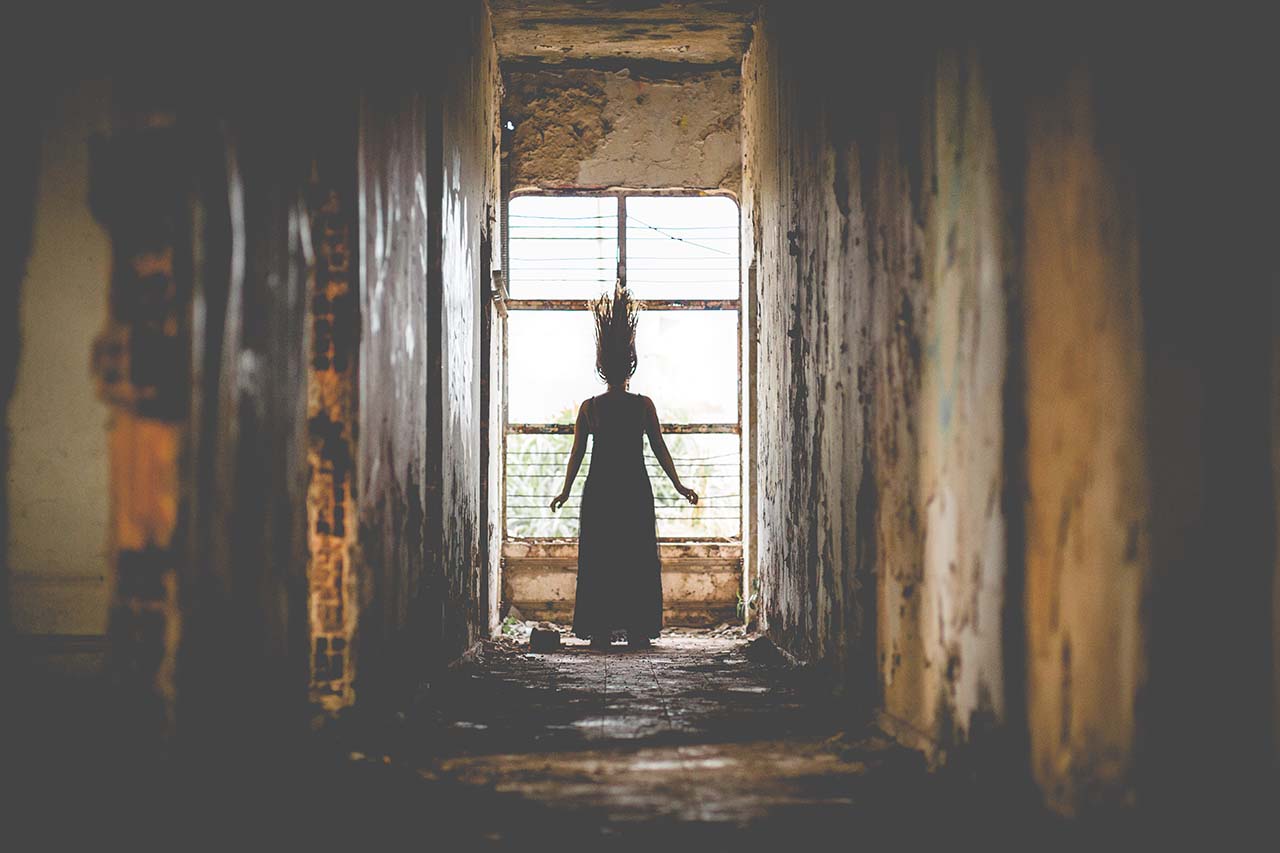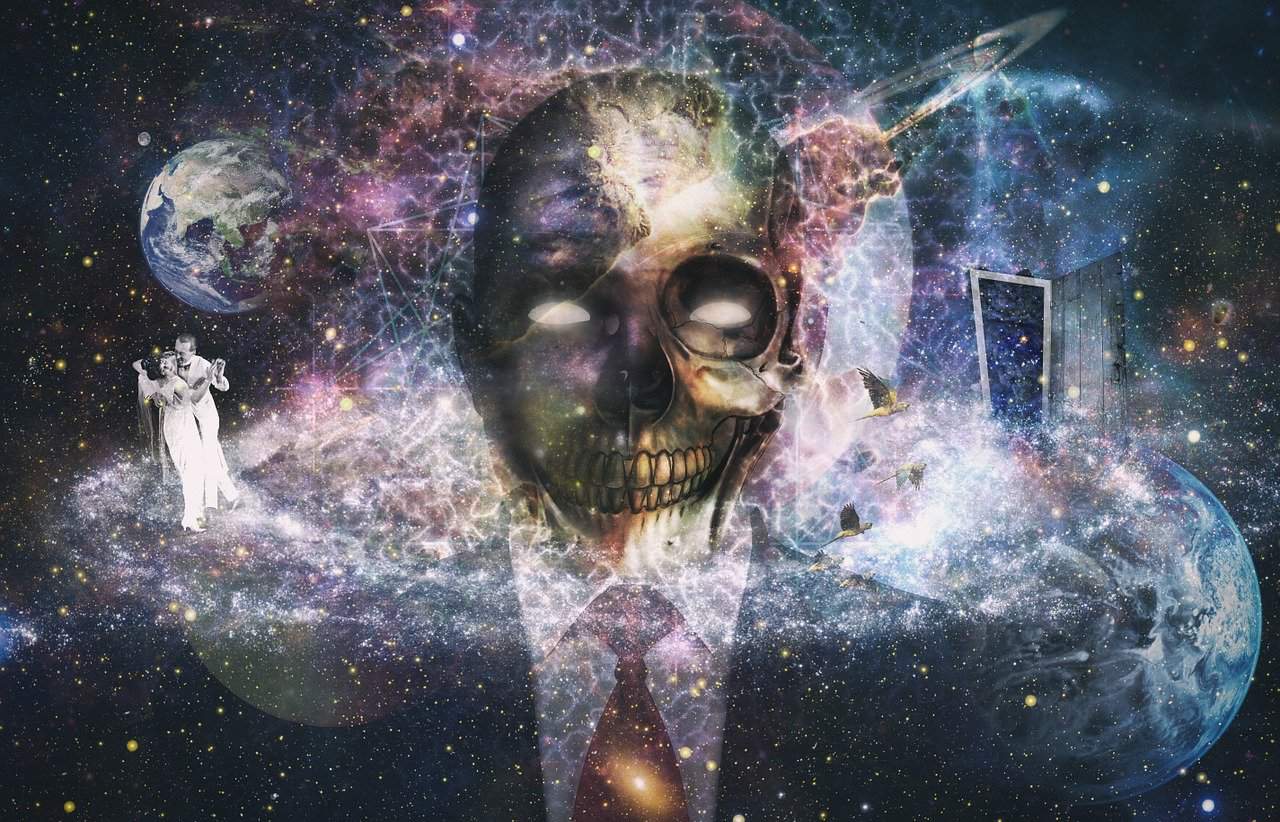Writers often mix up the genres of horror and suspense in their stories. How much suspense should there be in a horror story? What’s the difference?
Suspense focuses on building tension through a non-stop series of events. Suspense is a sense of waiting excitedly. Horror is about shocking the reader with a description of gore and violence. Horror focuses on dread and immorality. Horror will often contain elements of suspense, but suspense stories can exist without horror.
Writing the two genres can be confusing, and even the best writers mix them up. The trouble is that they work so well together that they are often treated as the same genre. But, if you can tell the difference between the two styles, you can write them better. You can also improve your horror writing by understanding suspense better and vice versa.
What’s the Difference Between Horror and Suspense?
Horror and suspense are often confused but the differences between them are quite clear. Both are genres defined by a feeling but suspense is the feeling of waiting for something to happen while feeling excited about it. Horror is a feeling that something is going to happen that is scary and dangerous or revolting.
In a suspense story, we want to know how the hero is going to escape from a room. In a horror story, something is lurking in the room with the hero.
The verb form of suspense is suspend, which literally means to hang something, or in this case, to keep something hanging. Suspense stories keep you on the edge of your seat. They don’t have to be scary either.
Many good suspense stories come in the form of detective fiction, which contains no horror. Suspense can be mixed with fear to create “fun” horror, like Halloween stories or semi-scary kids movies like Gremlins or Goonies.
Horror nearly always contains elements of suspense. The hero may be stalked by something lurking in the dark and we, the reader, are held in suspense while we wait to see what it is. The defining characteristic of horror, though, is that it is horrible, not suspenseful. It may be difficult to separate the two, but suspense can easily exist without horror while horror often uses suspense without deferring to it.
Elements of Suspense
- We don’t see the monster except in small glimpses
- Events move slowly and steadily build towards a climax
- There is a large emphasis on atmosphere with lots of description
- There is a heavy focus on the character’s feelings
- The events are scary because of what might happen instead of what has happened
- There is less focus on blood and violence and more on suggestion
Elements of Horror
- We tend to see the action and horrible events as they happen
- There tends to be a greater focus on blood and violence
- Events move at a rapid pace
- There may be less focus on the build-up to a scene
- We often see the monster in all its glory before the final climax
- Horror tries to frighten the reader
- Horror tries to create dread rather than excited tension
Writing Horror and Suspense
When writing horror, consider the moral position of the characters. Horror almost always touches on immorality in some way, so that can be a good place to start with your story idea.
A character does something immoral. A supernatural force arises to punish them through a series of events. The character must correct their ways in order to be saved.
To make it horror, you want to focus on the events. For example, the supernatural force might be a ghost and it strangles people to death. You could focus on how the ghost is knocking off the protagonist’s friends one by one.
You could go into great detail about the violence of each death, describing the fear of the victim, glass breaking, blood flowing etc. You could also focus on the gore. Write about the gruesome details of the body, maybe their intestines have been ripped out. You can also write about the reaction of the protagonist when he finds the body and how frightened he is.
You could also throw in some jump scares. These are a staple in the horror genre.
Now, when writing suspense, you take a different approach. You could have the same scenario with the ghost punishing the main character for something immoral. But the focus is now on the tension. We don’t see the ghost attacking each victim, instead, we follow along with the protagonist as he discovers the bodies.
Your writing should focus more on what each death means instead of the gory details. The suspense comes from the mystery of why these events are happening.
Furthermore, we shouldn’t find out all the facts until the end of the story. And, just to make it more suspenseful, throw in some buried treasure. Remember, suspense is about excited anticipation, not just anticipation. Treasure always makes things more exciting.
Horror and Suspense Style Differences
The two genres of horror and suspense also have different styles. Suspense deals with a pacing of non-stop tension as each event builds on the last, heading towards the climax. Horror deals with a series of shocking events, each one more shocking than the last, to get you ready for the maximum shocking event at the climax.
Suspense often sets up the protagonist as a problem solver. They must negotiate their way through each scene as if they are traversing a maze. In the end, we want the hero to solve all the problems and come out as the winner.
Suspense stories typically end on a positive note. The hero is the underdog, and they must face off against an unseen threat. They slowly discover clues and put the pieces together, like a puzzle, until the main antagonist is unmasked, the problems are all solved, and the story ends in triumph.
Horror may have a similar plot but it feels different. In a horror story, the pacing is typically more sporadic. Something horrible occurs, then there is some downtime, then something else horrible occurs, then more downtime etc. Each horrible event may be more intense than the last, but they don’t necessarily build on each other like in a suspense story.
Suspense feels like everything is pushing the hero forward, horror feels like random events keep interfering with the hero’s otherwise normal life.
Another point is that horror often deals with supernatural or fantastic elements, whereas suspense will often be more realistic. This is not strictly true in all stories, but it’s true a lot of the time.
Suspense will often deal with the real world. The heart of the suspense story is some sort of imminent danger. The danger is the focus so there is no need to go into the supernatural. The goal of suspense is to build tension and then release it all in one go. This is easier to do with things that readers already know about. This may be one reason why suspense stories tend to take the form of the real world.
The goal of horror stories is to scare and horrify the reader. Essentially, you imagine the worst thing possible and then describe it to the reader. This means there is no limitation on what can happen and may explain why horror is so often supernatural.
Even when horror stories are not supernatural, they still require suspension of reality. Take, for example, Stephen King’s Misery. The story is about an author who has a car accident and is helped by a woman who turns out to be a fanatical fan of his writing. In his injured state, the author is held prisoner in the woman’s home and forced to undergo sadistic torture at her hands.
This story may not involve the supernatural, but it still requires the reader to suspend disbelief. We don’t question the plausibility of the situation. The ease with which a person can be kidnapped, a car accident covered up, and the man held prisoner with no one ever finding out, is not the important issue. The focus of the story is the horror of his situation and we just want to get on with it.
Final Thoughts
Horror and suspense are two distinct genres that each have their own style and tropes. However, they work so well together that it is worth perfecting both of them. Horror tends to be a lot more interesting when you add elements of suspense, and suspense stories are more gripping when there are elements of horror thrown in.






One thought on “A Writer’s Guide to Horror Versus Suspense”
Comments are closed.